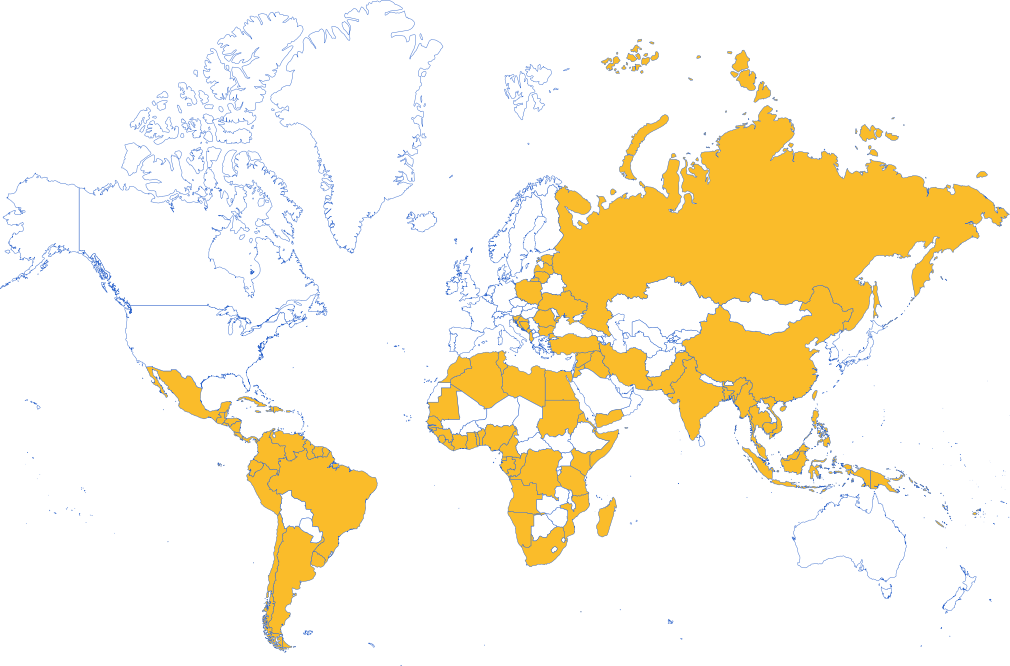Our world is choking
on plastics.
Join us in our mission to clean up and protect The Nile River. Together, we can make a real difference in its health and sustainability.
The situation with
in The Nile Basin.
The Nile River, called the father of African rivers, is the longest river in the world. It rises south of the Equator and flows northward through northeastern Africa to drain into the Mediterranean Sea..
Living Species
The amount of all living species facing extinction in The Nile Basin Region.
Tonnes
Amount of plastic waste leaking into aquatic ecosystems, polluting lakes, rivers and seas every year.
People
The Number of people living in the Nile Basin Area.
Fish
The percentage of fish contaminated by microplastics.
Dig deeper
into this problem.
Every year, millions of tonnes of plastic debris end up in the sea, causing serious environmental problems. The Nile River is one of ten rivers that are mainly responsible for plastic pollution in the oceans.
90 % of all plastic pollution in oceans comes from 10 rivers.
8 million tonnes of plastic ends up on the world’s oceans every year but how does it get there? There are multiple ways plastic comes into direct contact with the sea including the wind, drains and illegal dumping. Rivers are the primary conduit, however, with a staggering 90 percent of all plastic waste entering the world’s oceans eminating from just ten rivers
That’s according to data from “Export of Plastic Debris by Rivers into the Sea” by Christian Schmidt, Tobias Krauth, and Stephan Wagner, which was published in Environmental Science & Technology (2017) and later highlighted by UN Environment. The ten rivers in question flow through some of the world’s most polluted cities, especially in Asia.
Those ten rivers are the Nile and the Niger in Africa; the Yangtze, Yellow, Hai He, Pearl, Amur, and Mekong in East Asia; and the Indus and Ganges Delta in South Asia, a new study said.
The study, which recently appeared in the current issue of Environmental Science and Technology journal, shows that those ten rivers contribute between 410,000 and 4 million tonnes of oceanic plastic debris a year, accounting for 88% to 95% of total plastic pollutants.
According to the data from the study “Plastic waste inputs from land into the ocean” by Jenna Jambeck and others, published in Science (2015) shows that Egypt among the top three countries with hotspot leaking the most toxic waste into oceans.
Country which pollutes the world seas and oceans the most are:
China over 27 %
Indonesia over 10 %
Egypt over 3 %.
The presence of microplastics (MPs) in the world’s longest river, the Nile River, has yet to be reported. This small-scale study aimed to provide the first information about MPs in the Nile River by sampling the digestive tracts of two fish species, the Nile Tilapia and Catfish . Fish were purchased from local sellers in Cairo, and then their gastrointestinal tracts were dissected and examined for MPs. The most abundant MP type was fibers, the next most abundant type was films, and the remaining MPs were fragments. Polyethylene (PE), polyethylene terephthalate (PET) and polypropylene (PP) were all non-destructively identified by attenuated total reflectance Fourier transform infrared spectroscopy.

Keep an eye on us & subscribe.
Do you want to
helps us?
We perceive this as a problem for all of us, which cannot be defined within geopolitical and demographic boundaries, but in the solution of which not only the entire African society and the continent must be involved, but the whole world is called to make an action.

The Netherlands
Waldeck Pyrmontkade 436
2518KG, The Hague
The Netherlands
Sitemap



